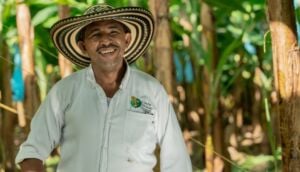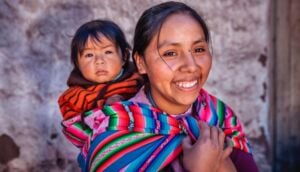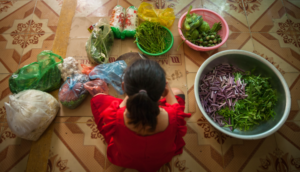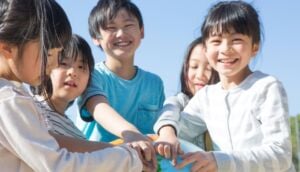The Copalita-Zimatán-Huatulco watershed in the state of Oaxaca, Mexico is home to one third of the country’s biodiversity and equally rich in culture. Zapotec indigenous communities have lived in the upper and middle parts of the watershed for centuries, since pre-Hispanic times.
As in many rural areas, women in the Copalita watershed play a key role in managing natural resources, providing for their families, collecting wood and water, harvesting vegetables, and preparing meals. However, their contribution is often under-appreciated. And at a national level, women tend to face more severe challenges than men.
According to the Mexican National Council for the Evaluation of Social Policies, (CONEVAL), 29.1 million women were living in poverty in 2020 — equivalent to 44.4% of all women in the country, and 2.5 million more than the total number of Mexican men living in poverty.
WWF’s report on the Copalita watershed— part of a series detailing WWF’s experiences in forest landscape restoration around the world — shows that engaging women and youth in decision-making at the local level increases social sustainability because they have vested interests in land management and innovation.
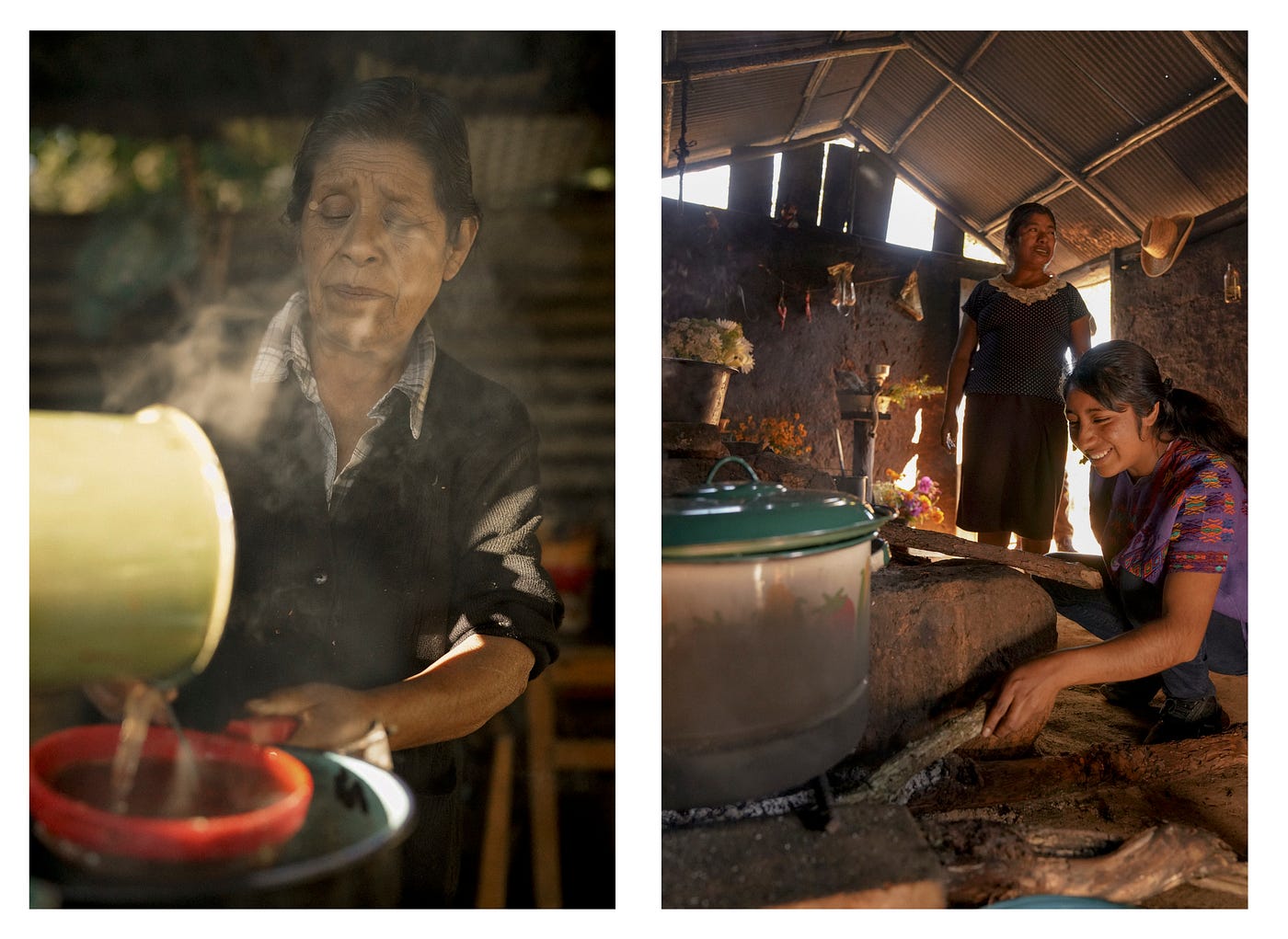
WWF and IKEA Social Entrepreneurship
In 2020, WWF and IKEA Social Entrepreneurship partnered on a three-year program designed to improve the lives of more than 1,500 people in rural communities in the Copalita watershed. Through the program, 13 Community Conservation Enterprises (CCEs), including nine led by women, will receive support that helps consolidate and strengthen their businesses. This will include assistance on product design, business case development, commercialisation, and market access. And the partnership will also support governance and decision-making structures to ensure that women and youth play more prominent roles in shaping their own futures.
“Promoting more equitable gender relationships improves long-term conservation outcomes and opportunities for women to play key roles in the productive life of their communities. It also helps develop integrated models for conservation and livelihood creation, where the communities themselves act as rightful custodians of their landscapes.” Hina West, WWF Nature Pays Director.
Most of the CCEs are dedicated to sustainable agriculture. Amongst other things, they produce a variety of commodities and crops, including native plants for reforestation, vanilla and shade coffee in agroforestry systems, sustainable mushrooms for local and family consumption, and herbal plants for cosmetics and traditional medicine.
Lulú
Lourdes Salinas Ruiz — ‘Lulú’ — produces mushrooms together with a group of women. She has a small daughter and wants to contribute to creating equal opportunities in her landscape.
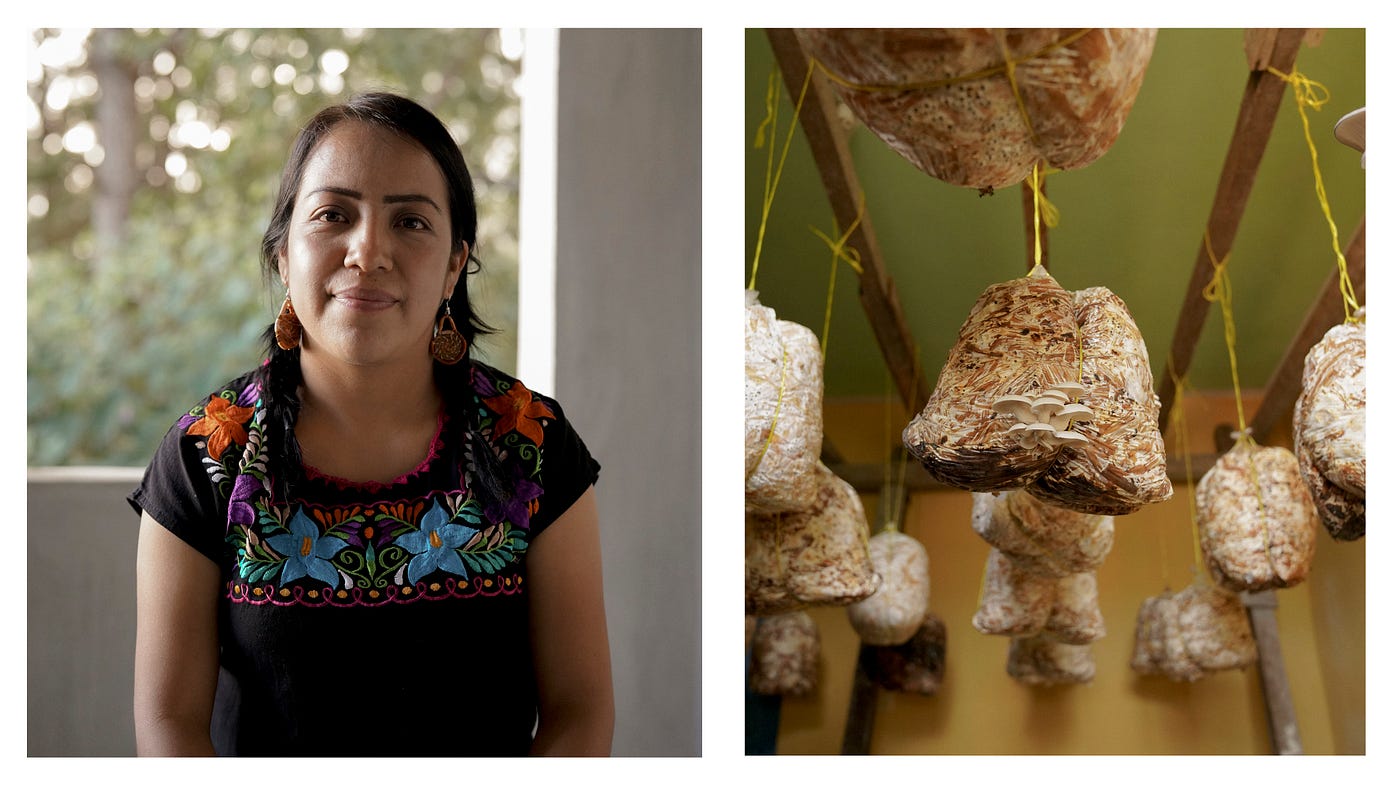
“I love my work and I want to be productive. I want to be able to work side by side with other women — just like the men from our communities work — and contribute to improving the livelihood of our family”, says Lulú.
Blanca
Creating business models in harmony with nature and supporting gender equity, younger generations in the Copalita watershed are committed to taking their enterprises to the next level. According to Blanca Sánchez, who heads Mbis Bin — a CCE that provides agro-ecological training and produces bio-inputs for agriculture — the situation for women is changing quickly but there is still much to do.
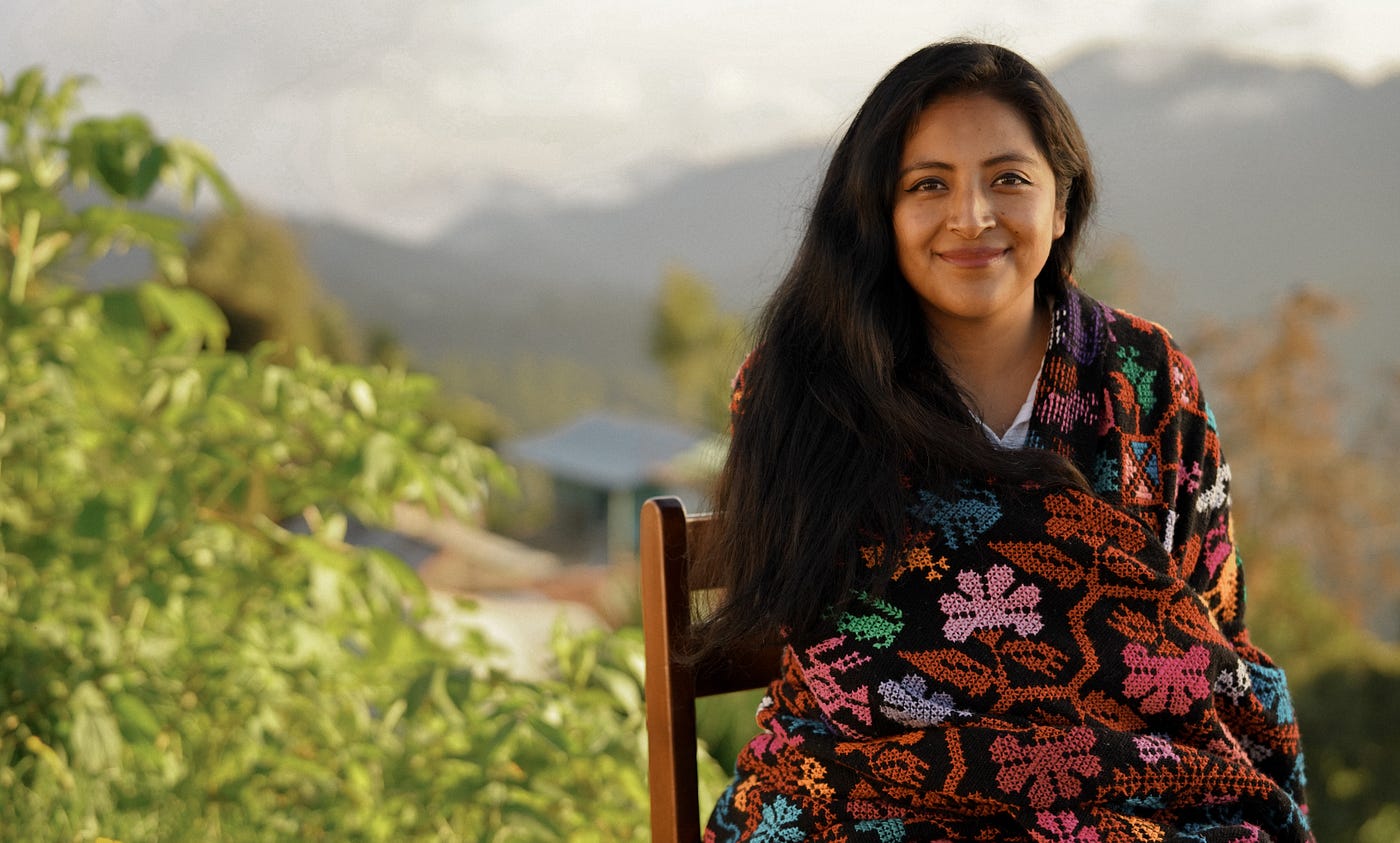
“We need to avoid women dropping out from work, and create solutions for real life challenges, such as child-care. I feel that this is the right time in the Copalita watershed to support the role of women as decision-makers facilitating our participation in productive life. This process will allow us to identify areas where we need training and capacity building, so we can drive change from within.”
“We have much to learn from the unique knowledge, skills and values of Indigenous Peoples and local communities, as well as how they integrate conservation within their cultural and spiritual traditions.” Ignacio Gonzáles, Governance Coordinator, WWF.
For WWF, it is important that communities take the lead and express their own needs, and come up with long-lasting models, and that two-way collaboration allows for reciprocity in the learning process.
Fabi
Fabi Hernández is part of Nayé, a CCE made up of five Zapotec women that produce cosmetics using their knowledge of traditional indigenous medicine.
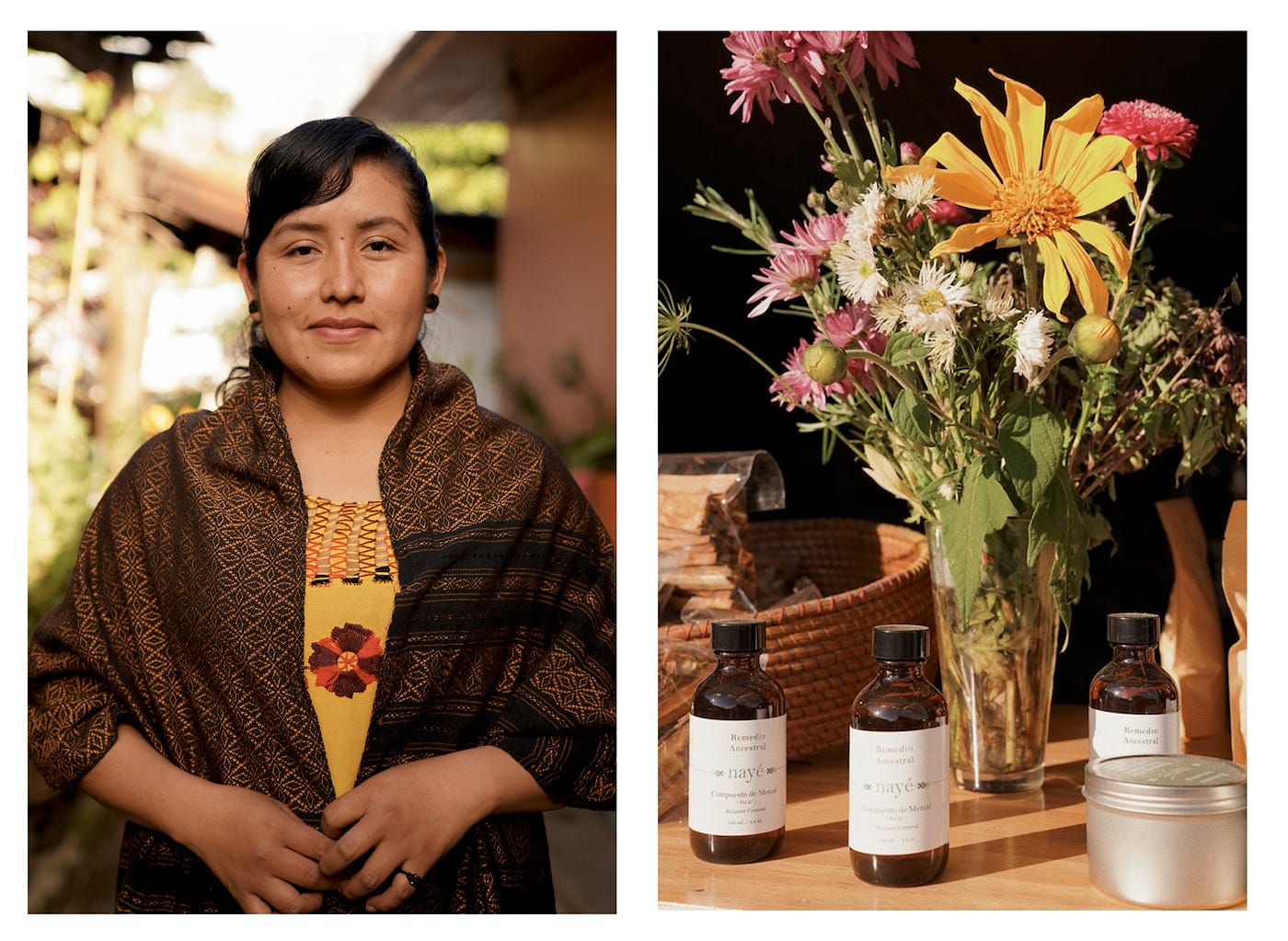
“Nayé gives me the opportunity to preserve the legacy of our ancestors while creating a business model with the potential to grow. We want to give other women from our community the possibility to work at Nayé and create economic spillover.”
Journey of empowerment
The success of enterprises like Nayé reaffirms the indigenous identity of these communities. And all the women that are part of these 13 CEEs are on a journey of empowerment, generating new business models that combine ancestral indigenous traditions with market access.
WWF and IKEA Social Entrepreneurship are committed to supporting these entrepreneurs and those in other similar projects in vulnerable and marginalised communities to create a more sustainable and inclusive future.
Read more information about WWF’s work on Community Conservation Enterprise here, and our partnership with IKEA Social Enterprise here.
Read more stories on WWF on Business Fights Poverty here




